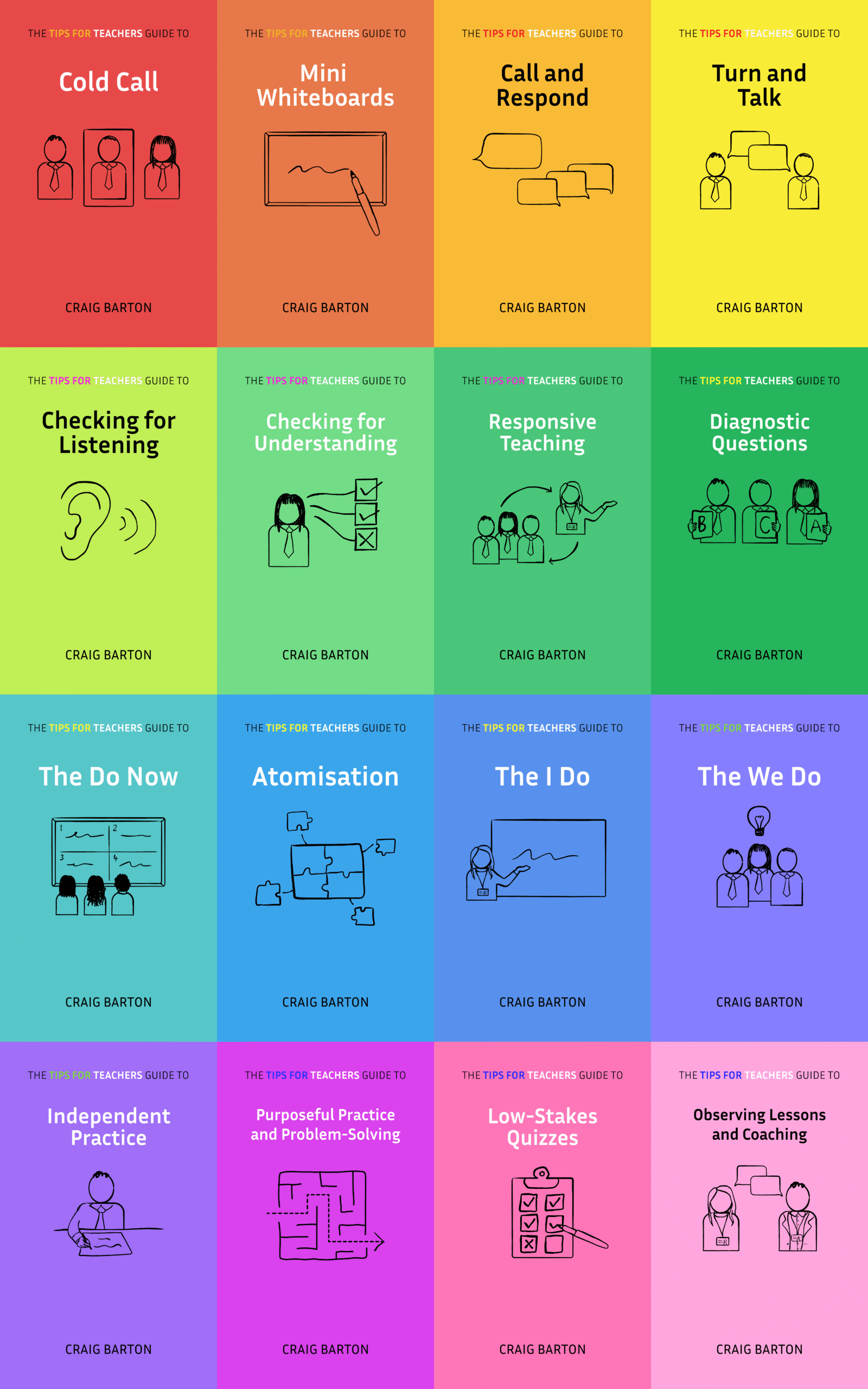
- Title: Critical thinking – why is it so hard to teach?
- Authors: Daniel Willingham
- Access the original paper here
- Listen to a deep-dive podcast:
Paper summary
This collection of articles explores the challenges of teaching critical thinking, particularly in the context of education. The author, a cognitive psychologist, argues that critical thinking is not a skill that can be learned and applied in any situation, but rather a process deeply intertwined with the content of thought. This means that critical thinking skills are best developed within specific subject areas through repeated practice and the acquisition of domain knowledge. While some general strategies for thinking critically can be taught, their effectiveness is limited without the foundation of relevant content knowledge. The author suggests that teaching critical thinking should be integrated into existing subject matter rather than treated as a separate skill to be taught in isolation.
What are the key implications for teachers in the classroom?
- Critical thinking should not be taught as a standalone subject. Instead, it should be integrated into regular classroom instruction within specific subjects. While it is important to model critical thinking skills for students, it is more effective to teach these skills in conjunction with relevant content knowledge. For instance, teaching students to question the source of a document in history is valuable only if they have background knowledge about the historical period and the people involved.
- Teachers should introduce critical thinking concepts by relating them to students’ everyday experiences, particularly when students lack extensive subject matter knowledge. This approach can make complex concepts more accessible and engaging. For instance, elementary teachers can illustrate the importance of considering a source’s perspective by discussing how a letter to the editor about abolishing recess would be perceived differently if written by a school principal versus a third-grader.
- Effective teaching of critical thinking strategies involves making them explicit and providing ample opportunities for practice. Teachers should explain these strategies clearly, using multiple examples, and label them as applicable in various contexts. Initially, teachers should explicitly demonstrate how these strategies apply to the current course content. As students gain experience, teachers can prompt them to identify the relevant strategy and apply it independently.
- Critical thinking is not limited to advanced students; all students are capable of it. Even young children exhibit critical thinking skills, as demonstrated by research on conditional probabilities. The challenge lies in helping students recognize when to apply critical thinking and equipping them with the necessary knowledge to do so effectively. Teachers should encourage critical thinking in all students, regardless of their academic level.
- Teachers should emphasize that critical thinking is not a skill that can be mastered and applied universally. It is a type of thinking that people use and fail to use in different situations. Even trained scientists can make errors in reasoning, particularly when faced with unfamiliar contexts. Teachers should avoid presenting critical thinking as a set of skills learned in isolation and instead highlight its dynamic and context-dependent nature.
- Building a strong foundation of domain-specific knowledge is crucial for developing critical thinking abilities in any subject. Students cannot think critically about topics they know little about. Background knowledge helps students identify a problem’s underlying structure, generate plausible hypotheses, design effective experiments, and interpret data accurately. Teachers should prioritize building students’ content knowledge as a basis for critical thinking development.
- For example, students with a strong understanding of scientific concepts are better equipped to design experiments that control for relevant variables and make sense of experimental results.
- Teachers should avoid relying on generic critical thinking programs. While these programs might offer a modest benefit in improving students’ metacognitive strategies, the evidence suggests they are generally ineffective in teaching students to think critically in novel situations. The time spent on such programs might be better utilized for in-depth exploration of subject matter content.
Quote
Knowing that one should think critically is not the same as being able to do so. That requires domain knowledge and practice.








